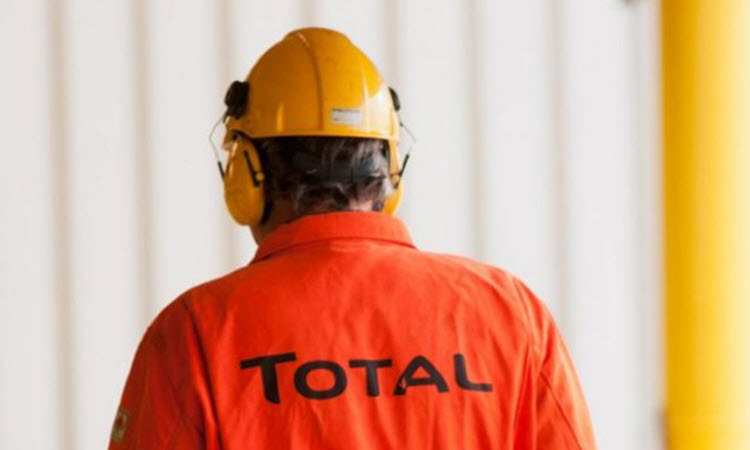
Iran Focus
London, 13 Jul – Economic sanctions that brought down the economy was part of the discontent was displayed in the aftermath of the 2009 presidential election. Those massive street protests came at the height of the Arab Spring protests toppling governments throughout the Middle East and threatening Tehran. This led to the election of “moderate” Hassan Rouhani in 2013, and pushed through the nuclear deal that would lift the economic sanctions on Iran.
In her article for Iran Lobby, Laura Carnahan writes, “The aftermath of the nuclear deal and hasty implementation by the outgoing Obama administration created a narrow window of opportunity for the Iranian regime to get what it needed most at that time: cash and lots of it.” She adds, “The regime was bleeding cash in its support of wars in Syria, Iraq and Yemen so accessing frozen assets, as well as the planeloads of cash paid as part of ransom payments for American hostages, helped stave off imminent collapse.”
Economic sanctions were lifted, so that business and investment deals could be made, that would provide steady sources of revenue. However, after an initial rush by some European companies, it slowed to a crawl because of uncertainty about whether the Trump administration and U.S. Congress would reinstitute sanctions over Iran’s support for terrorism and ballistic missile launches.
The slow economy has once again angered ordinary Iranians, who responded with mass protests during the recent presidential election. There were even demonstrations aimed at Rouhani himself.
Carnahan writes, “The poor condition of the Iranian economy was also a contributing factor to the implosion of the candidacy of Ebrahim Raisi, the handpicked would-be successor by top mullah Ali Khamenei, leading to broad speculation that the mullahs’ grip on power was slipping.”
Iran announced a recent high-profile deal with French petroleum giant Total, agreeing to jointly develop Iran’s massive South Pars gas field. Total was the first, and so far, only major oil player to commit to returning to Iran. Other firms, especially the U.S. and British companies, remain uncertain, and are staying on the sidelines.
The risks for foreign companies doing business with Iran are outlined by Dr. Majid Rafizadeh, president of the International American Council, in Arab News. He wrote, “U.S. pressure and sanctions on Tehran will likely continue to escalate, affecting American and non-American companies. The US may re-impose its sanctions bill that targets non-American companies doing business with Iran. If a company does business with both countries, its investments could be in peril. Quitting Iran’s market would not be easy for those with long-term investments.”
Rafizadeh also discussed the increasing political instability within Iran, as well as the grip on the Iranian economy by Khamenei and the Revolutionary Guard Corps.
Iran has some of the world’s largest energy reserves, and Reuters reported that it has already been working on deals to develop fields such as South Pars, South Azadegan, Yadavaran, West Karoun, Mansouri and Abteymour. Russia’s Lukoil and Denmark’s Maersk are also potential investors, according to Carnahan.
Speaking in Istanbul, NIOC’s deputy director for exploration blocks, Rahim Nematollahi, said, “Next on the horizon is the search for new oil, with the National Iranian Oil Company planning to tender 14 oil and gas blocks for exploration in the next two to three months.”
However, if either the U.S. or UN act to impose new sanctions, especially sanctions that once again remove Iran from accessing the international wire transfer network or currency exchanges, these deals may be unresolved.
Any foreign entity may be put in a precarious position if it invests in Iran. Additionally, their reputation may be jeopardized, as they may be labelled a supporter of terrorism, since the revenue Iran generates from these deals could be used to fund and support its export of terrorism.


